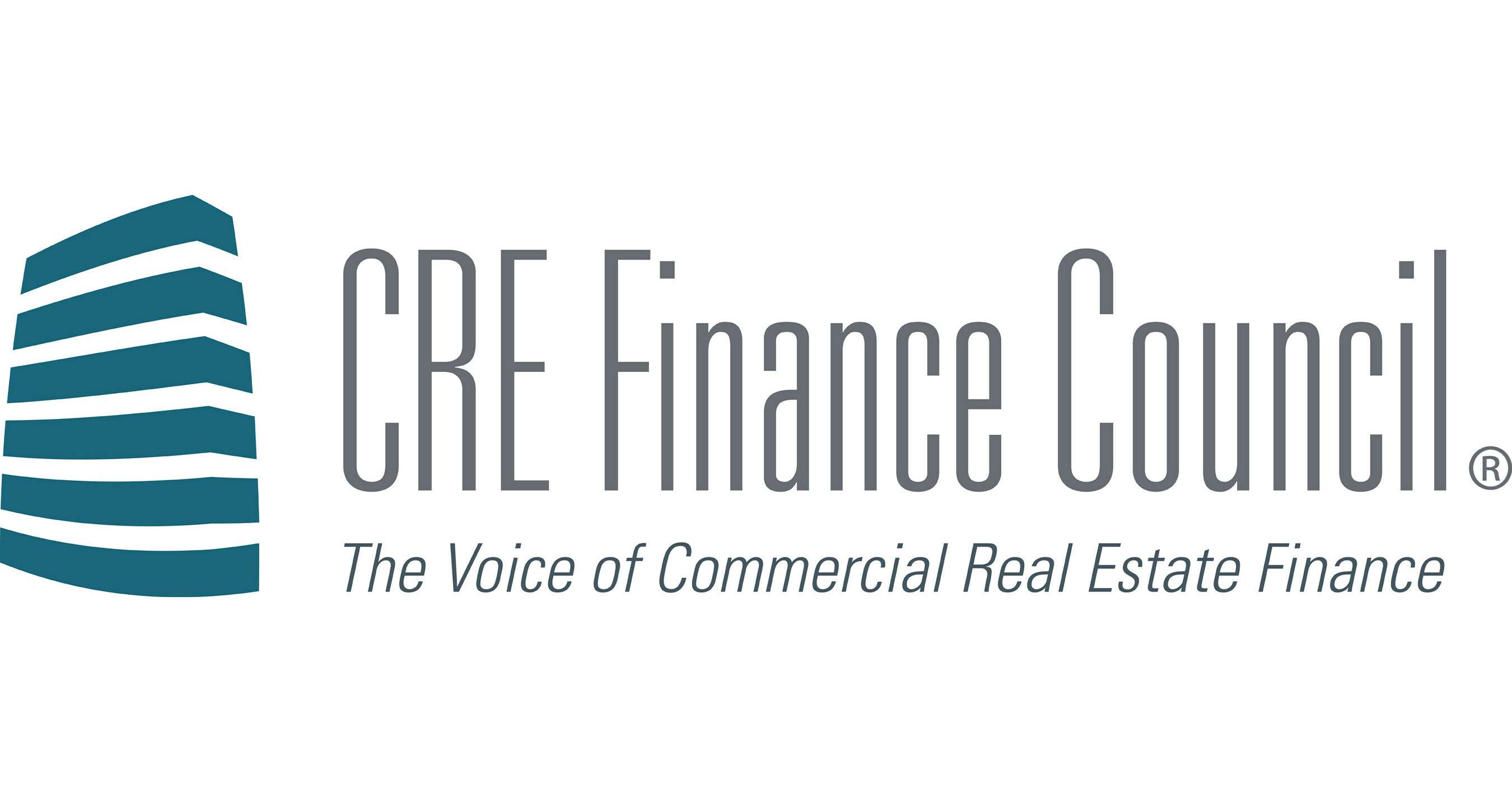T
he U.S. real estate brokerage landscape has become increasingly challenging due to unaffordable housing, low inventory levels, high mortgage rates, and a shrinking market. As a result, brokerages are trying to expand their businesses by rapidly hiring new agents.
However, this approach is becoming more difficult due to declining agent mobility. According to the Agent Movement Index from Relitix, excluding a brief COVID-19 pandemic-related drop, the index has reached a 10-year low point. This decline in mobility can be attributed to political uncertainty and regulatory changes that have influenced agents' decisions to stay with their current brokerages.
Despite this trend, some brokerages are successfully attracting new agents by offering remote-work arrangements and advanced technology platforms. Newer companies like The Real Brokerage and Compass are leading the way, with The Real Brokerage adding 78.8% more agents year-over-year as of Q3 2024, surpassing Compass in total agent count.
Compass is still growing impressively, with a 24.8% increase in "Principal" Agent count year-over-year in Q3 2024. However, its growth may be skewed by acquisitions, according to John Campbell from Stephens Inc. In contrast, The Real Brokerage's rapid growth is likely due to its value proposition and early-stage ascension.
Legacy brokerages like Anywhere and Keller Williams are struggling with negative growth rates, while Fathom Realty's growth has slowed significantly since 2022. eXp Realty's growth has largely flatlined after a period of rapid expansion. Campbell attributes the decline in agent counts among larger players to the broader industry trend of contraction, which is likely due to the fallout in the US housing market and oversaturation.















